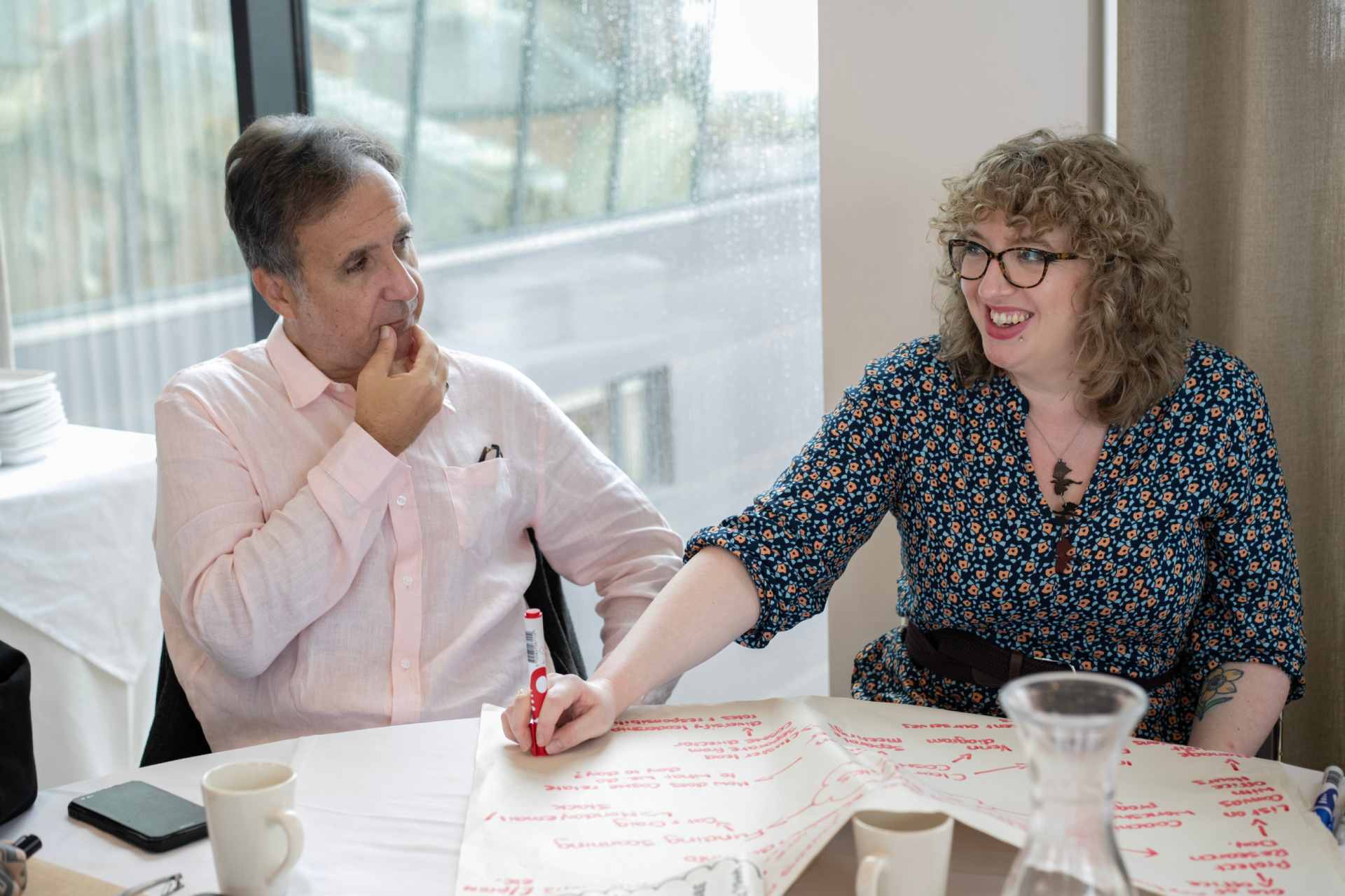MSc Data Science and Communication
The MSc Data Science and Communication is designed for students who have an interest in the way data and data processing are shaping our communication practices as society becomes increasingly digitised. Whether you want to investigate how Big Data impact our daily decision-making practices or learn how to create innovative communication chatbots, this MSc will provide you with the necessary means to successfully navigate the Networked Society.
The programme offers state-of-the-art empirical, technical and theoretical training. You will have the opportunity to learn cutting edge computational techniques to study social behaviours at scale, alongside a deep grounding in the principles of communication studies and the social sciences. Substantial training will also be devoted to quantitative methods aimed at harnessing big data, especially when it comes to social and news media. You will learn the underpinnings of emerging communication technologies ranging from computer mediated communications to human computer interaction.
The skills developed by you as computational communication scientists are in high demand both in the private and in the third sector. As a graduate you will be qualified to work as a data analyst, data manager, or computational linguist across a variety of sectors, ranging from news media agencies and AI industries, to policy making institutions. This MSc will also provide you with advanced skills to successfully apply for a PhD programme to pursue a career in academic research.

Why Communication and Media at the University of Liverpool?
The Department of Communication and Media employs around 35 permanent staff who work on a wide range of interdisciplinary research on topics. Find out more.